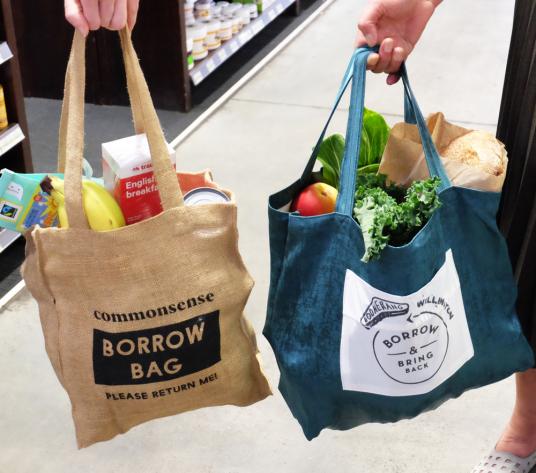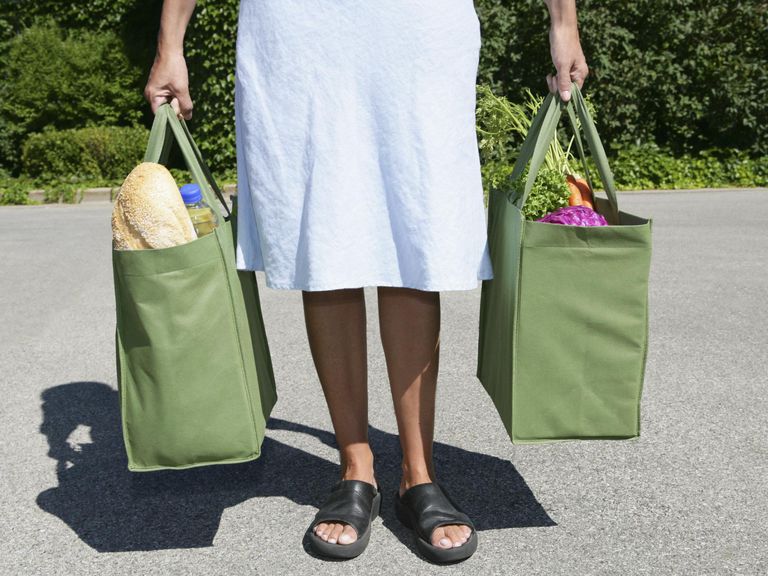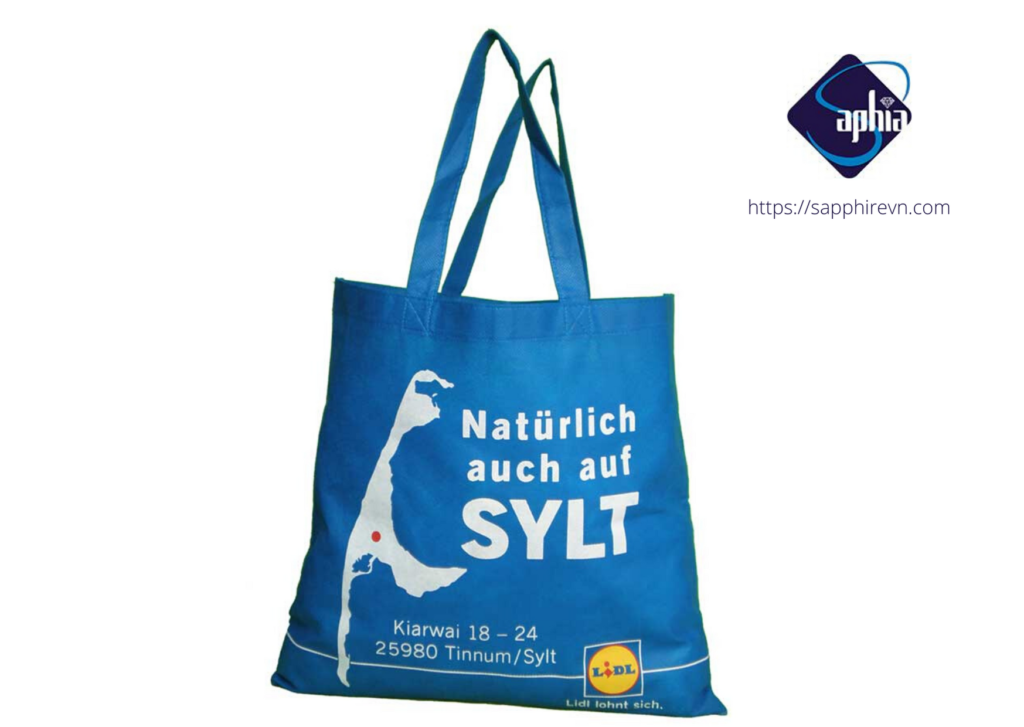
For over a decade, reusable grocery bags have been a staple of daily life. They help reduce massive amounts of plastic pollution turning up in streams, rivers, and oceans increasingly. Many countries, cities in the world banned single-use bags, like California, Hawaii, India, Kenya, etc.
However, in the COVID-19 pandemic’s early days, people consider the question: Are reusable shopping bags safe during the coronavirus pandemic?

During COVID 19: Reusable Bags are Still the Better Choice
When COVID-19 first became an issue, study author Ryan Sinclair used these findings to recommend people stop using reusable bags during the pandemic and opt for the single-use grocery bags provided at checkouts.
Sherman, associate professor of epidemiology at Yale School of Public Health, says: it was prudent in the early days of the pandemic to limit reusable bags. However, there’s now enough reason to believe reusable items, when hygienically used, don’t raise the risk of transmission. “Single-use or reusable bags are no better or worse for transmission or prevention of transmission of the COVID infection,” she said.

Clearwateraction.org reports that studies indicate using a freshly washed reusable bag is a better choice than using plastic grocery bags, where a virus can live longer on its surface.
The Huffington Post published an article by Jeff Nelken, a food safety expert, stating you should clean reusable grocery bags each time you use them to be safe, particularly during these times with the COVID-19 coronavirus. Fortunately, it’s simple to do.
Also, if you’re carrying disinfectant wipes around with you, wipe down the reusable bags thoroughly. The disinfectant, however, should be Environmental Protection Agency approved, and you should strictly adhere to the label recommendations.
Stopping Single-Use Plastics
It’s not shocking when the industry is taking advantage of this public global health emergency by trying to end the efforts towards eliminating single-use plastic bags.
Plastic pollution is an increasing issue. Every year, in the US, only 9% of the plastic sold is recycled. Plastic can last for hundreds of years. As things are going now, one study recently found by the year 2050, the ocean will contain more plastic than it does fish.
Groups such as the Manhattan Institute, Competitive Enterprise Institute, and American Energy Alliance, which all have ties with the petroleum and plastics industries, have been spreading rumors that warn that reusable bags could help the COVID-19 virus spread. However, these rumors are base on research that found the virus stays longer on plastic surfaces than it does on other types of materials, not addressing reusable grocery bags.
The professionals describe best practices for using reusables during the COVID-19 pandemic and emphasize why reusable alternatives to disposable single-use items don’t represent a substantial risk for virus transmission.
Many Clark County grocery stores, which despite earlier limiting reusable bags, are again letting customers bring in their bags with a couple of conditions. They must bag their groceries themselves, avoid placing the bags on any work surfaces or other customers might touch directly.

SAPPHIRE PACKAGING CO., Ltd is one of the leading Vietnam Bag Manufacturers. We specialize in producing Polypropylene Woven Shopping Bags, Non-Woven Shopping Bags, RPET Shopping Bags, and Polypropylene Woven Sacks. We are keen on the importance of standardization of every step in the production process that included stringent quality control.









.jpg)

